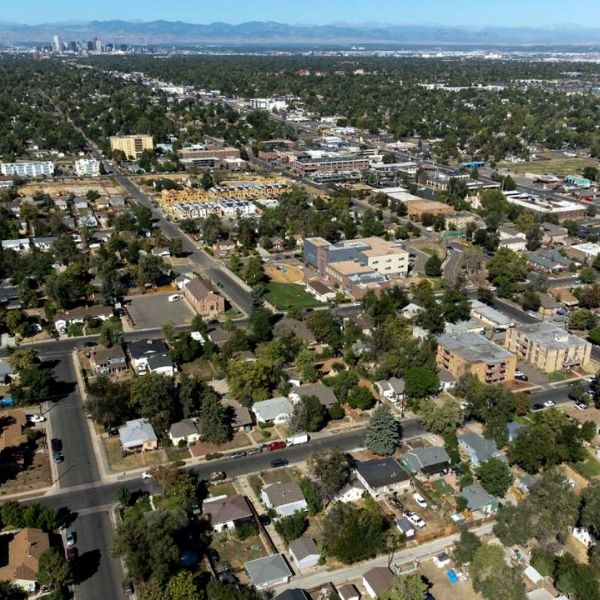DENVER — Fewer people are moving to Colorado than in years past, with net migration down 52.5% since 2015, according to a new report by the Common Sense Institute (CSI). That drop translates to 36,146 fewer newcomers in 2025 compared to a decade ago.
While Colorado still sees more people moving in than leaving, the pace has slowed dramatically—and experts warn the trend could have serious economic consequences.
“It creates real problems when you have negative migration,” said Kelly Caufield, Executive Director of CSI. “This means fewer people in our workforce paying taxes and contributing to overall services.”
Aging Population Adds to the Pressure
The report also highlights the state’s rapidly growing senior population. By 2030, Colorado is expected to gain about 40,000 new retirees annually, further limiting labor force growth and contributing to:
-
Decreased housing demand
-
Slower economic activity
-
Reduced competitiveness with similar cities
Denver Hit the Hardest
Denver saw a 69.9% drop in net migration compared to 2015—the steepest decline among metro areas studied.
When compared to similar-sized cities like Austin, Nashville, Tampa, Salt Lake City, and Phoenix, the Denver–Aurora–Lakewood Metro Area (MSA) was the only one with a negative percentage change over the past 14 years.
Why Are Fewer People Moving to Colorado?
The CSI report points to the high cost of living as the likely culprit behind Colorado’s waning appeal. Rising housing prices, inflation, and affordability issues may be prompting people to look elsewhere when relocating.
What’s Next?
As migration slows and the population ages, Colorado could face long-term challenges in:
-
Workforce recruitment
-
Housing market stability
-
Economic growth
The report urges policymakers to address affordability and competitiveness to reverse the trend and keep Colorado an attractive destination for working-age residents.
This article has been carefully fact-checked by our editorial team to ensure accuracy and eliminate any misleading information. We are committed to maintaining the highest standards of integrity in our content.
















Leave a Reply